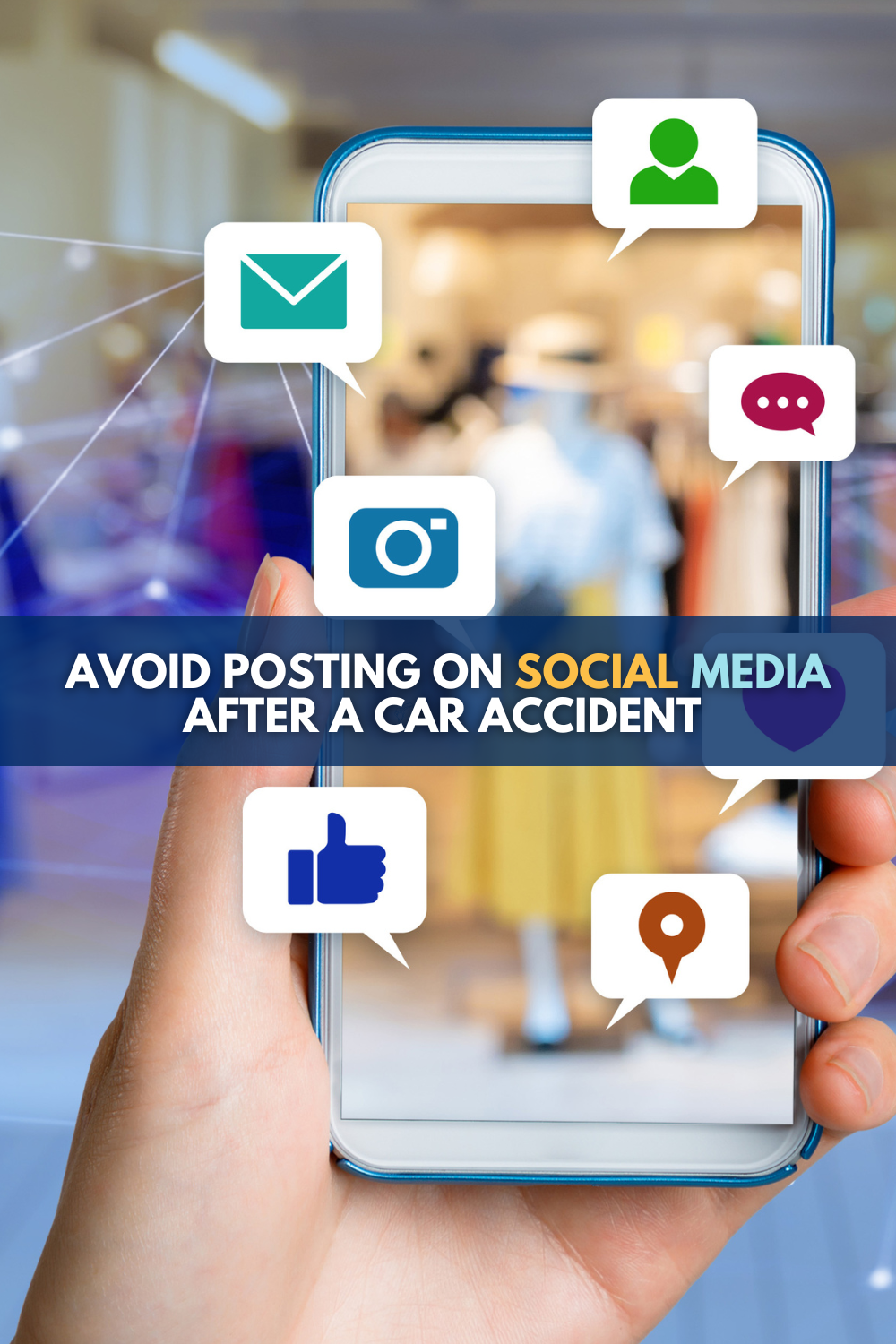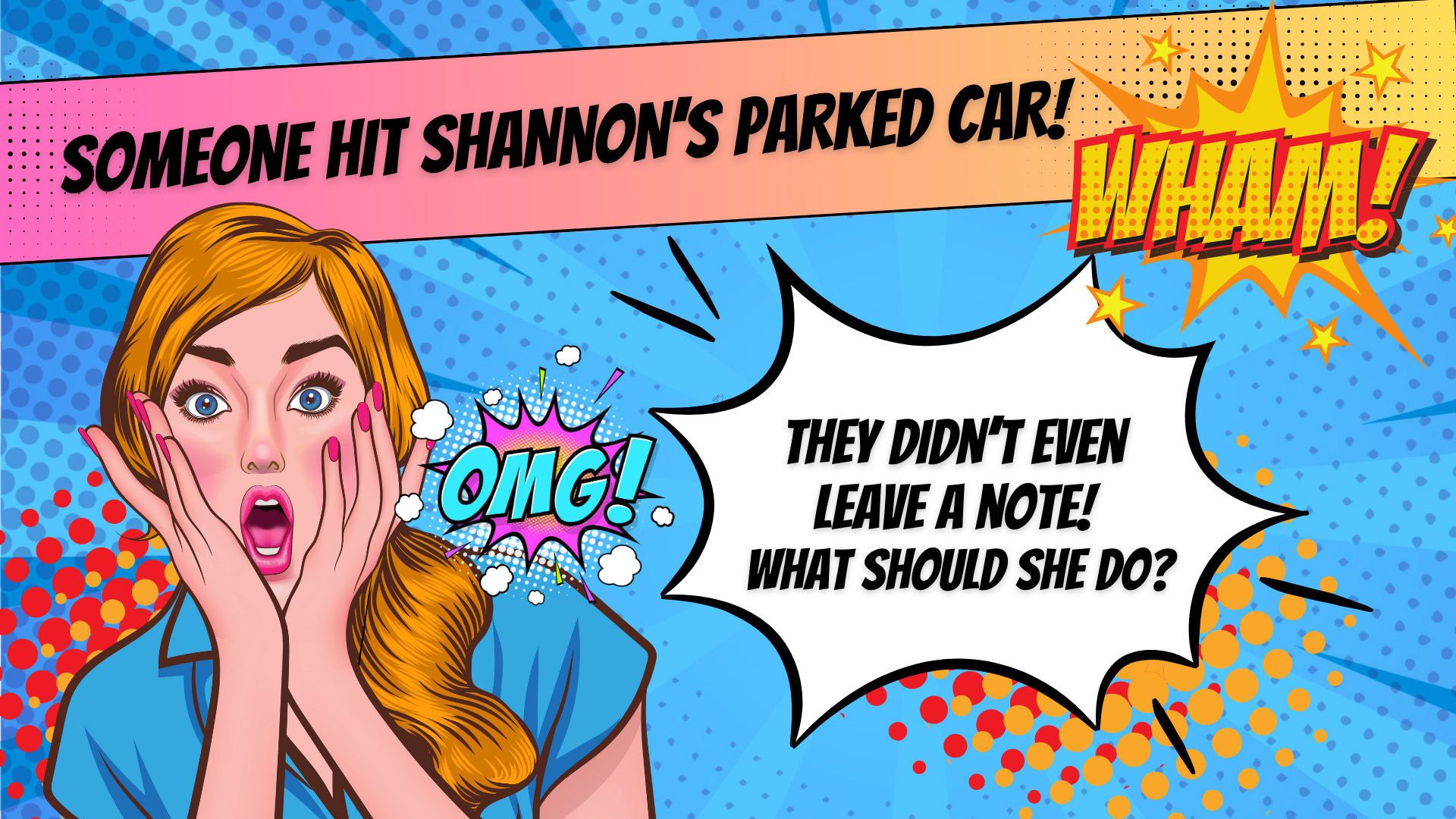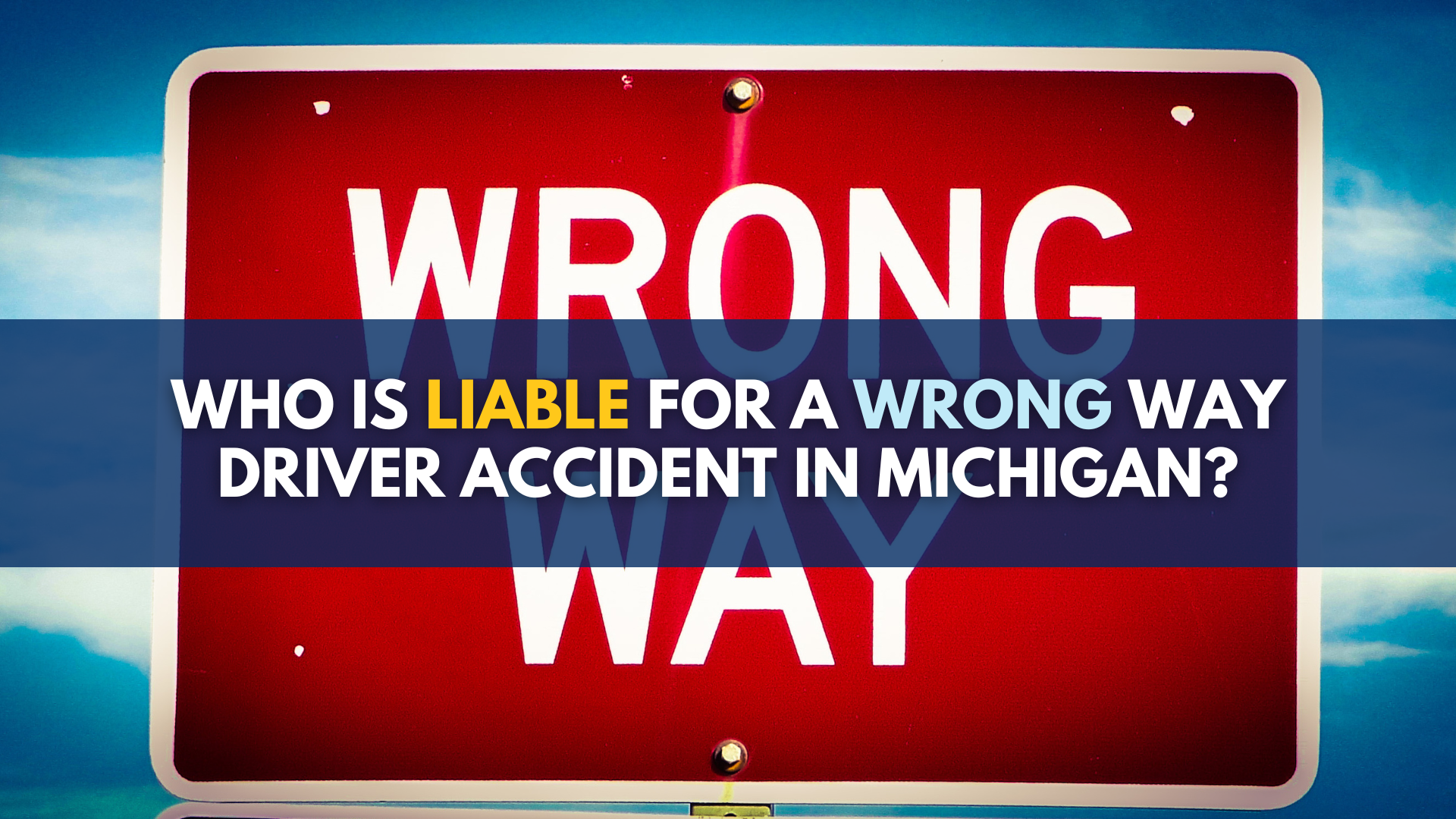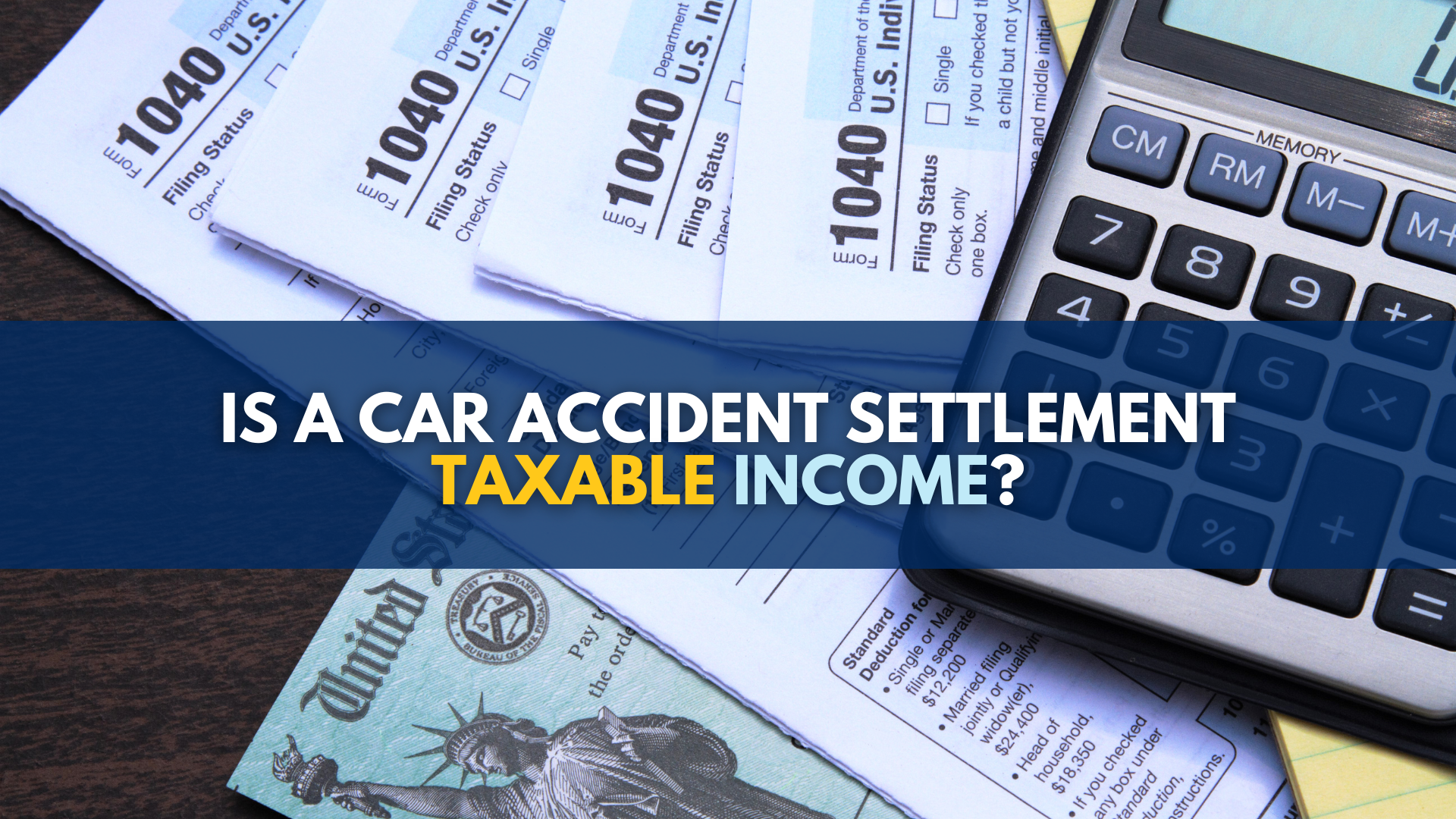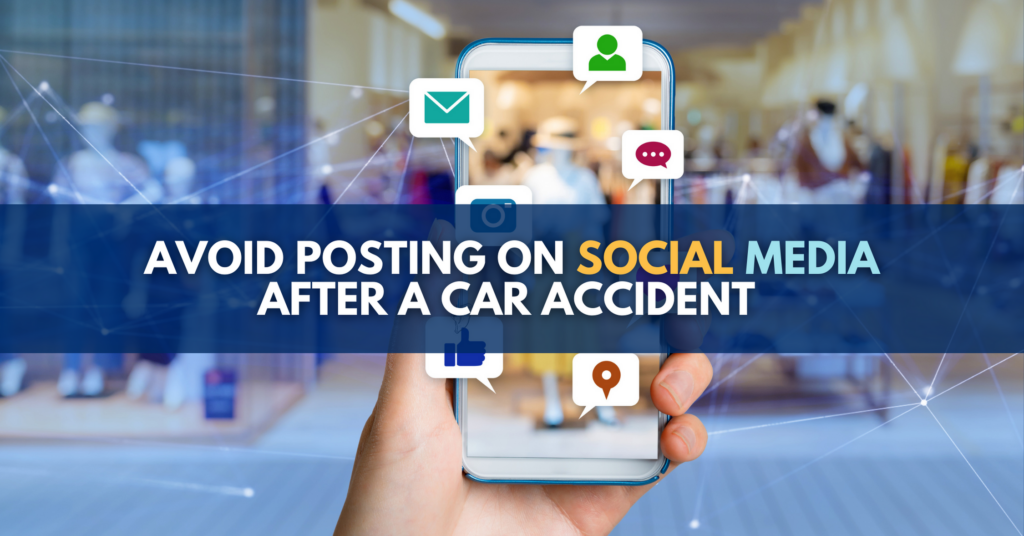
Automobile crash victims should avoid posting on social media after a car accident. Insurance companies, defense lawyers and adjusters regularly check your accounts, hoping to find a photo, video or post to argue you aren’t as hurt as you claim, or to use as a basis to deny benefits and compensation you are legally entitled to.
It is now standard practice for insurance companies to regularly check social media postings of victims after a car accident. Adjusters and investigators also run computer searches to learn about your personal life. After a lawsuit is filed, insurance company lawyers will demand that your attorney provide them with downloads from all of your posts. Defense lawyers now regularly go to court seeking an order to access everything from your banking records to your release of your personal emails.
Why avoid posting on social media after a car accident?
You should avoid posting on social media after a car accident is because your posts are used by defense lawyers and insurance adjusters to allege “fraud” as a way to get out of having to pay insurance benefits and pain and suffering compensation.
The danger with posting on social media after a car accident is that it is so easy to take the text written or a picture out of context and then accuse someone of fraud. Taking a picture that was taken before an automobile crash but that was put online after a crash is an all too common and all too easy way for a defense attorney or insurance claims adjuster to accuse a crash victim of faking, malingering, or committing insurance fraud.
Innocent as a picture may be, it’s the allegation of fraud that can prove fatal. Lawyers often advise clients that “it doesn’t matter what’s true, it only matters what a jury thinks is true.” That’s what makes these platforms so dangerous. For people who may already have suspicions about the civil justice system or about the trustworthiness of crash victims in general, even the most innocent social media postings after a car accident can be used to confirm pre-existing beliefs and biases. Sadly, highly-paid defense lawyers whose firms’ success depends on their continued business from the auto insurance companies live by the adage of “Let’s throw everything against the wall and see what sticks.”
The accusation of fraud can be enough for suspicious jurors who after having been exposed to 30 years of insurance company propaganda on insurance abuse are ready to assume the worst about a person.
How to avoid posting on social media after a car accident accident
Given the harm that photos, videos and comments posted to social media after a car accident can cause to your case, I advise my clients of the following when it comes to their accounts:
- DO NOT DELETE anything! – Few things can hurt your lawsuit as severely and fatally as can the destruction of potential evidence. It is crucial that you preserve the current postings of your social media accounts after a car accident. This can be done by archiving the contents. Talk to your lawyer about the process for safely, properly and correctly archiving. In the now infamous case, Lester v. Allied Concrete Company, a Virginia state trial court ordered a personal injury victim and his lawyer to pay $180,000 and $522,000 in sanctions, respectively, when the victim deleted photos from his Facebook profile at his attorney’s instruction.
- Temporarily deactivate your accounts until your case is over – After talking with your lawyer, you may wish to consider deactivating your social media accounts after a car accident and, thus, ceasing to post at least until your case is over.
- Ask friends to refrain from posting any pictures or comments about you on their social media accounts after a car accident
- Set your accounts to the highest privacy setting – This will allow only your family and friends, instead of “friends of friends” or the general public, to access your profile and posts. You may also wish to change your settings to that you are not “searchable” in order to keep strangers from nosing around in your personal life. Facebook’s “View as” feature allows you to view your profile as someone would see it, which gives you the opportunity to double-check the privacy of what is appearing on your page. Note that your “interests” will continue to be displayed even if your account is otherwise set to private.
- Keep your friends close – Only allow “friends” that you know well to have access to your posts and status updates. Do not become “friends” with someone on Facebook unless you know them well and trust them.
- Go invisible – You can remove yourself from Facebook service results by selecting “only friends” under the “search visibility” option in your profile settings. You can also remove yourself from Google by unchecking the box for “Public Search Listing” in Google’s internet privacy settings. Similar privacy settings are likely available on other search engines and platforms.
- Keep an eye on when you are tagged in photos – If your settings allow your friends to tag photos of you, be sure to monitor these carefully. When possible, opt in for e-mail notifications to let you know whenever you have been tagged in a photo.
- Post with care if you must post – My best advice to you and to all of my client is to avoid posting on social media after a car accident. Stay away from posting of comments, photos and videos until your case has been resolved. For those people who choose to not follow this advice, I warn them to be very cautious about what they post online – whether it is on your own account or on someone else’s page. Consider whether it can be taken the wrong way or out of context. Ask yourself “Who could see this?” and whether it could be used to cast doubt on your crash-related injury claims. Assume that anything you contribute online could and likely will be read by defense lawyers, judges and juries.
- Regularly review all of your online profiles
- Google yourself – Do an image and web search for your name (in quotes) to see what pops up. If you find anything inaccurate and that portrays you in a false light, then do your best to immediately get it removed.
- Preserve all computers, tablets, cell phones – This prevents a defense lawyer from arguing that your destroyed the electronic communication device deliberately to destroy evidence. It is much better to have your lawyer debate with a judge whether the defense should have access to your computer than to have to convince a jury that the destroyed computer was not purposely destroyed to get rid of evidence that was unfavorable to you.
- Do not send messages or information about the case – Do not send e-mails, texts, or post “private” social media message about your car accident case, your injuries, your recovery, your treatment or your activities to anyone except your lawyer. Careless communication can destroy a case.
- Do not join websites or chat groups – Any information that you put online is highly searchable. Do not enter any information on dating or insurance websites, contribute on message boards, participate in or comment on “private” groups or blogs, or use chat rooms.
To learn more about posting on social media after a car accident, please check out this video from Michigan Auto Law attorney Christopher C. Hunter:
Facebook posts used to prove fraud
The ruling in Yousif v. State Farm Mutual Automobile Insurance Company (#336791, February 27, 2018, unpublished) makes the case for why you should avoid posting on social media after a car accident. In this case the Michigan Court of Appeals ruled that a person had committed a “fraudulent insurance act” which disqualified him from recovering No-Fault benefits where his “numerous Facebook posts” and “social media documentation” “belied his claims of disability and incessant pain” on which his claims for attendant care and replacement services were based.
The Yousif court explained that the Facebook posts provided “evidence of an active, pain-free young man socializing, discussing exercising, and traveling.”
Can the defense get a court order to access your accounts?
It is possible that a defense lawyer may be able to get an order to review your profiles, but courts will not allow them to go on a “fishing expedition.” The defense will be required to show that access is “reasonably calculated” to lead to the discovery of relevant, admissible evidence.
Injured in a crash? Call our attorneys now!
If you were injured in a car accident and want more tips like not posting on social media, call now (800) 968-1001 for a free consultation with one of our experienced car accident lawyers. There is no cost or obligation. You can also visit our contact page or use the chat feature on our website.
Michigan Auto Law is Michigan’s largest and most successful law firm that specializes exclusively in helping people who have been injured in auto accidents.
Our secret? Our attorneys deliberately handle fewer cases than other personal injury law firms. This allows us to focus more time and attention on our cases.
Unlike other law firms, our attorneys are never too busy to promptly return phone calls and answer questions.
We have more than 2,000 5-Star Reviews that reflect this care and attention to detail.
More importantly, this client-focused approach leads to better and faster settlements for our clients. Michigan Auto Law has recovered more million-dollar settlements and trial verdicts for motor vehicle accidents than any other lawyer or law firm in Michigan. We’ve also recovered the highest ever reported truck crash and car crash settlement in the state.
Call now so we can start making a real difference for you.
